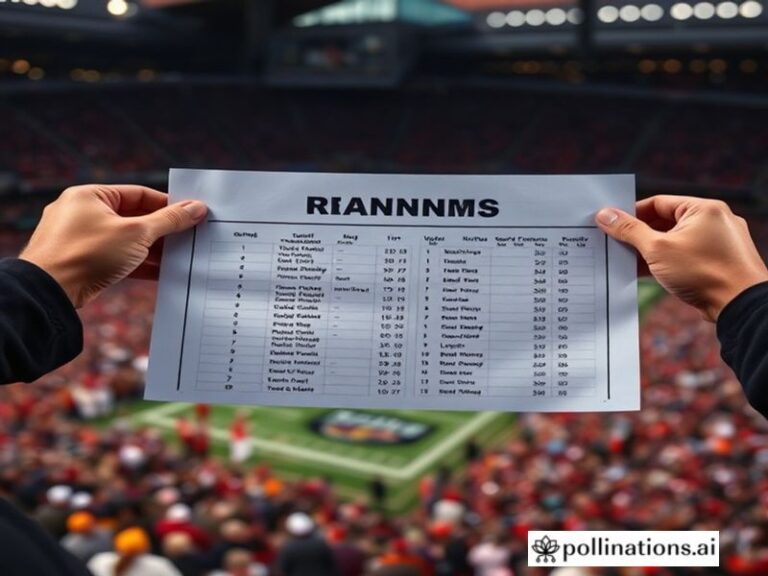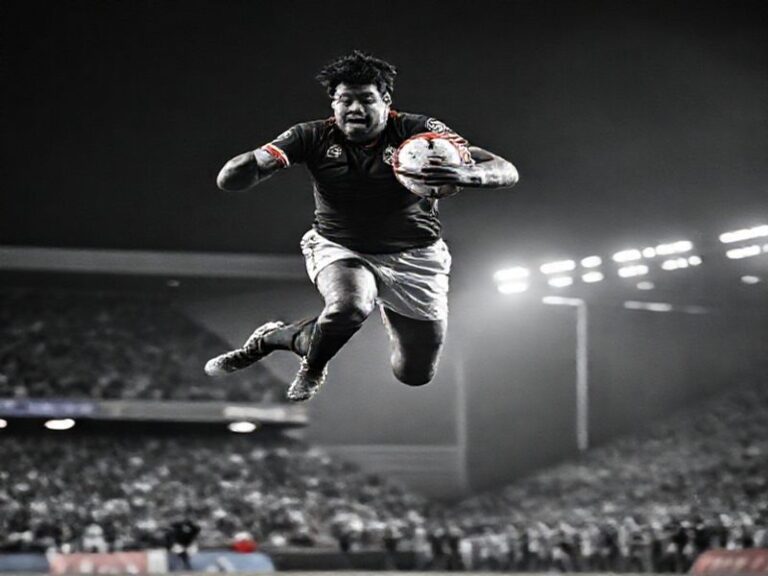Serhou Guirassy’s Goal Spree: How One Striker Is Redrawing Global Football Maps Faster Than the U.N.
Serhou Guirassy Is Scoring Goals So Fast the Geopolitical Balance of Football May Shift Before the Next G-20 Meeting
Dave’s Locker — International Bureau
The planet is currently running two parallel scoreboards. One tracks wars, inflation, and the inexorable rise of sea levels; the other tracks Serhou Guirassy’s Bundesliga tally—currently 17 goals in 11 matches, or roughly one every 58 minutes, which is faster than the time it takes most governments to agree on a Zoom background. In the grand theatre of global absurdity, the 27-year-old Guinean forward has improbably become the punchline, the protagonist, and the prophet of a world that can’t decide if it’s collapsing or just switching formations.
From Conakry to Gelsenkirchen, the arc of Guirassy’s career is less a feel-good sports movie and more a geopolitical parable. He was born in Arles, France, to Guinean parents, which instantly endowed him with the sort of multinational résumé that makes immigration officers sigh and talent scouts salivate. France tried to claim him for Les Bleus; Guinea counter-offered the national team; Stuttgart simply offered a starting spot and a salary slightly above the median European energy bill. In an era when passports are traded like NFTs, Guirassy’s decision to suit up for the Syli National was treated with the solemnity of a U.N. treaty ratification. Guinea, a country whose GDP is roughly the size of a mid-table Premier League wage budget, suddenly found itself with a striker more valuable per ounce than coltan.
The global implications are deliciously ironic. While European clubs scour the Sahel for the next Mohamed Salah, they’re also busy lobbying for stricter work-permit rules—apparently open borders are only for people who can nutmeg a holding midfielder. Guirassy’s goal glut has thus become a case study in the contradictions of late-capitalist football: a system simultaneously obsessed with African talent and terrified of African migration. One imagines EU commissioners watching his highlights while drafting new visa restrictions, the cognitive dissonance producing a noise like VAR feedback.
Meanwhile, in Stuttgart, local politicians have begun referring to Guirassy as “economic stimulus in shorts.” Every goal he scores reportedly boosts regional beer sales by 3.7 percent and reduces collective blood pressure enough to postpone at least one infrastructure bill. The club’s sporting director recently admitted—off the record, naturally—that Guirassy’s market value now exceeds the entire annual budget of the nearby municipal opera house. Somewhere, a tenor weeps into his bratwurst.
But the real twist lies east of the Rhine. Bayern Munich, the Bundesliga’s Death Star, reportedly dispatched their most discreet emissaries to Baden-Württemberg with a briefcase full of release-clause euros. The clause itself—rumored at €17.5 million—is less than Bayern once paid for a reserve goalkeeper who now plays Fortnite professionally. If triggered, the transfer would represent a fiscal transfer roughly equivalent to the IMF’s last bailout tranche to Guinea, minus the austerity lectures. One can almost hear the champagne popping in Conakry: national hero secures generational wealth, Bundesliga balance of power tilts, and somewhere a hedge fund calculates the derivative value of Guinean pride futures.
And yet, amid the spreadsheets and soft-power maneuvering, Guirassy keeps scoring hat-tricks with the dead-eyed efficiency of a man who knows the planet is on fire but has decided to finish his shift anyway. There is something almost heroic in that—an athlete treating existential dread like a poorly timed offside trap. His celebrations remain muted, a small nod to the heavens and a jog back to the halfway line, as if to say, “Yes, the world is absurd, but the next cross is already coming in.”
Perhaps that is the broader significance. In a timeline dominated by inflation graphs and doomsday clocks, Serhou Guirassy offers a simpler arithmetic: ball hits net, crowd roars, momentary amnesia achieved. The goals won’t stop climate change or settle trade disputes, but for 90 minutes they rearrange despair into something approaching narrative. And if that isn’t a form of diplomacy, then nothing is.
Conclusion: The next time a multilateral summit adjourns without agreement, delegates could do worse than cue up Guirassy’s latest compilation. It won’t resolve anything, but watching one man repeatedly outwit an entire defensive line might remind them what competent execution actually looks like. Until then, keep an eye on the scoreboard—both of them.







